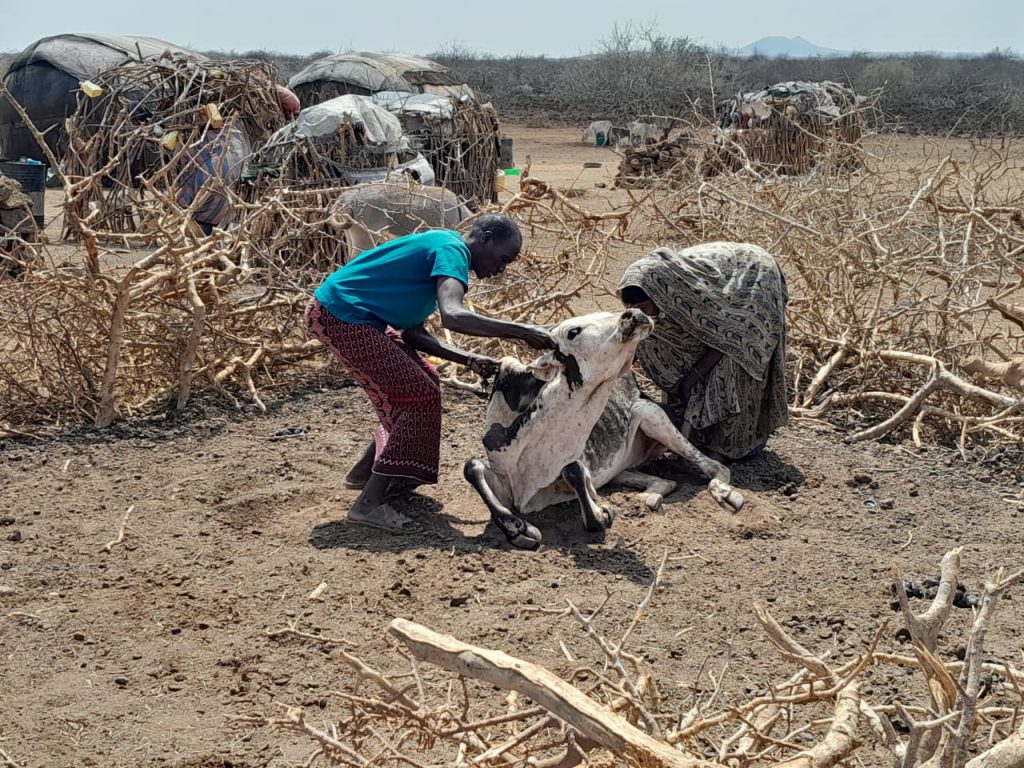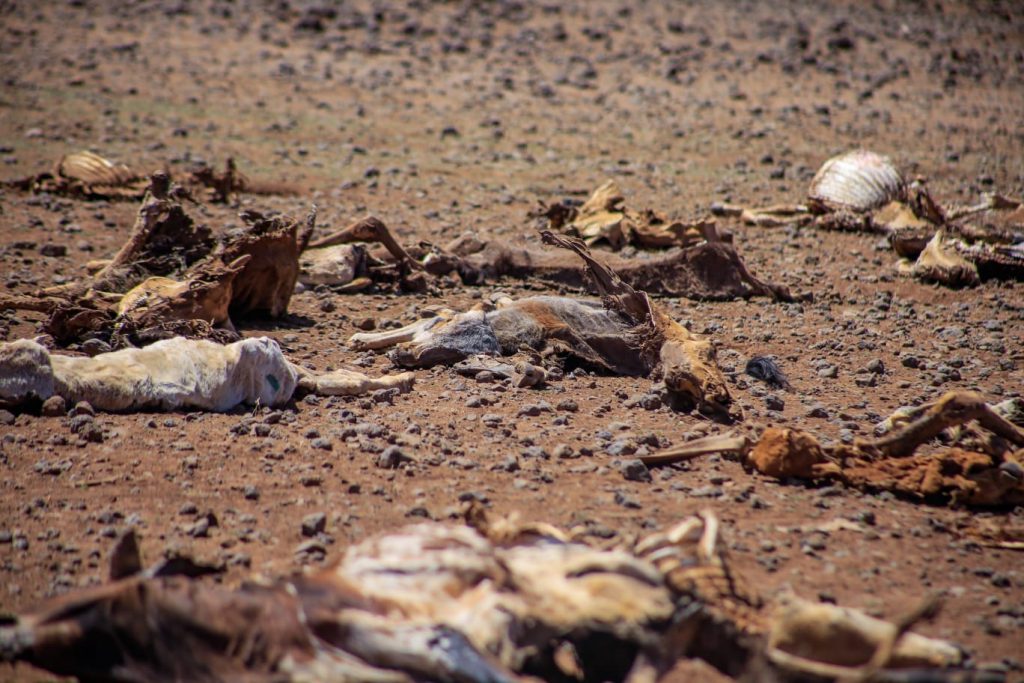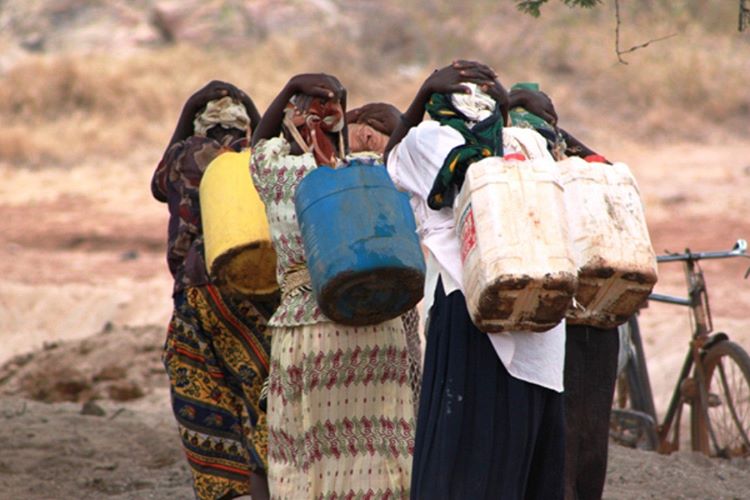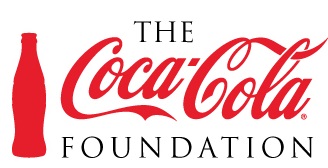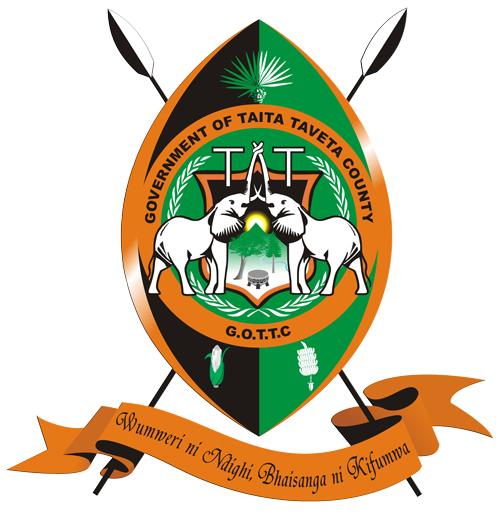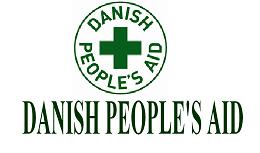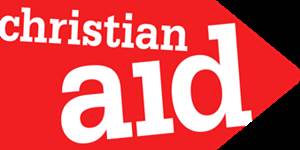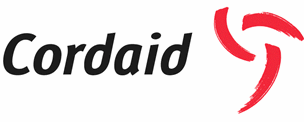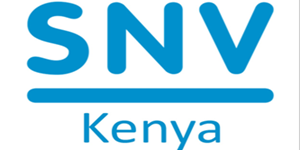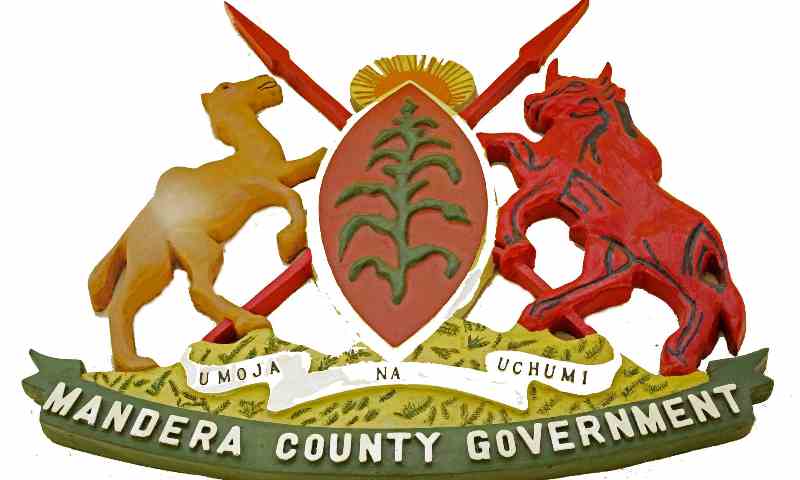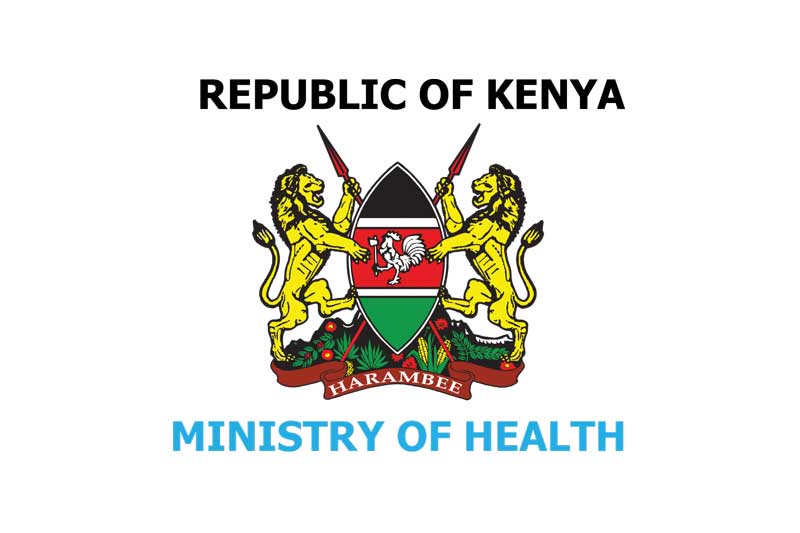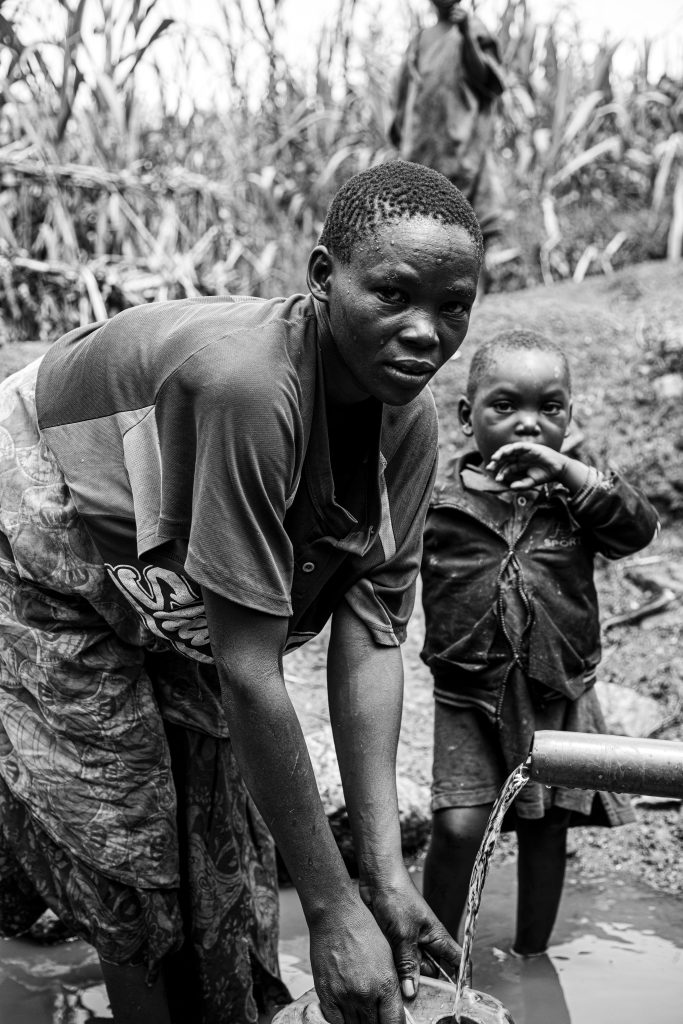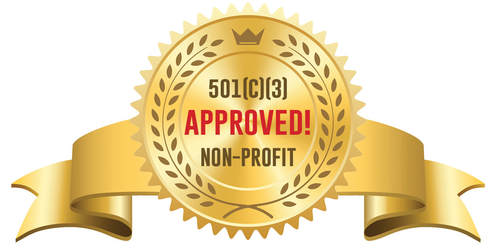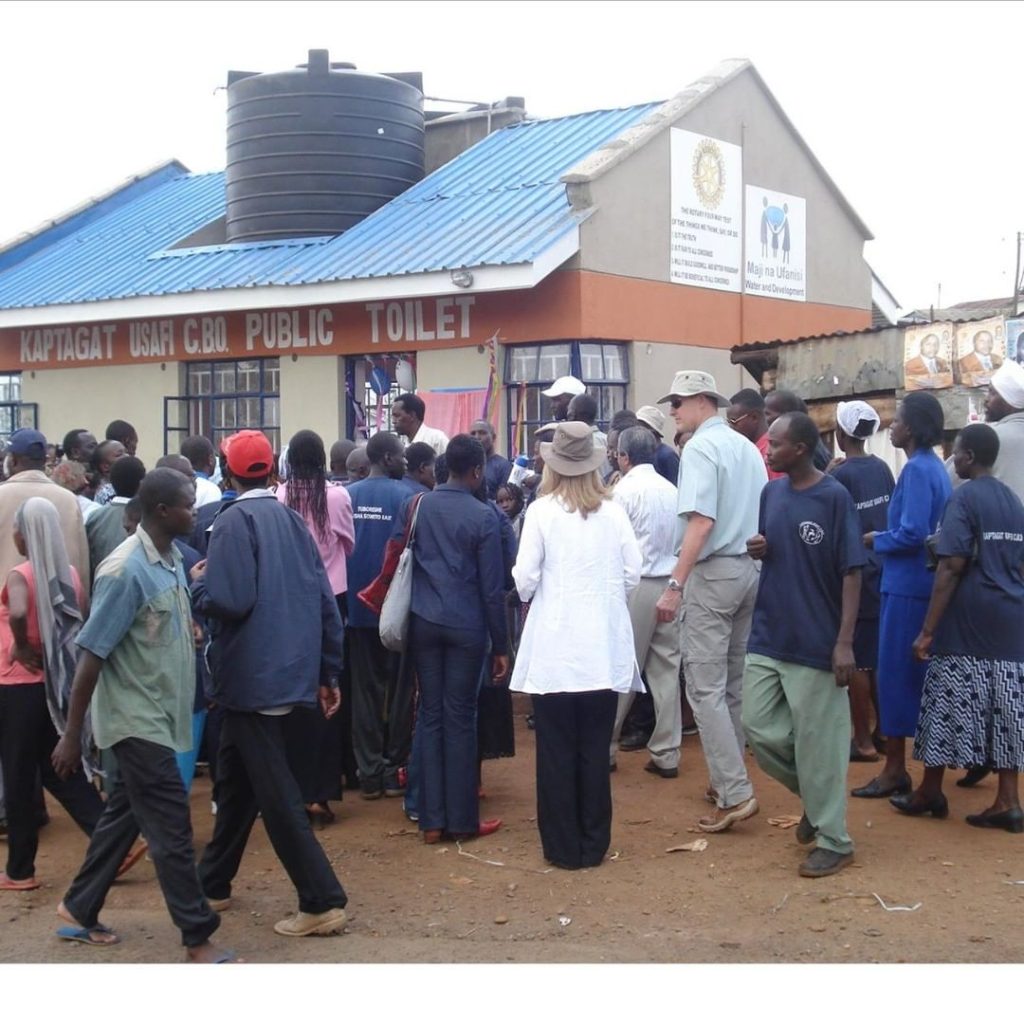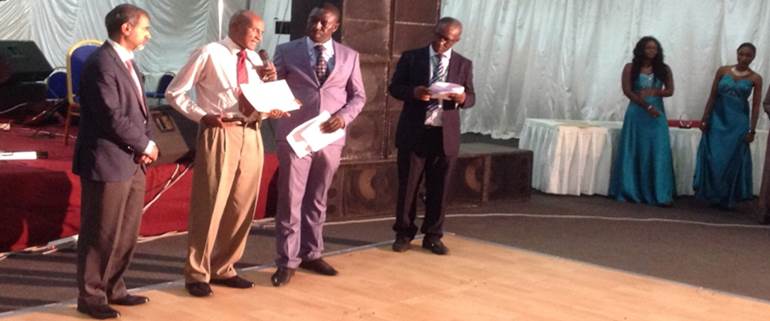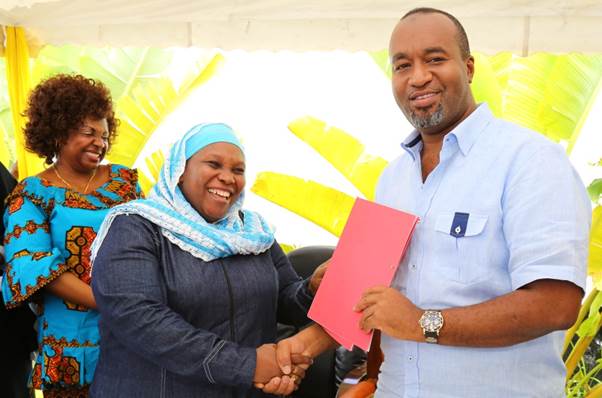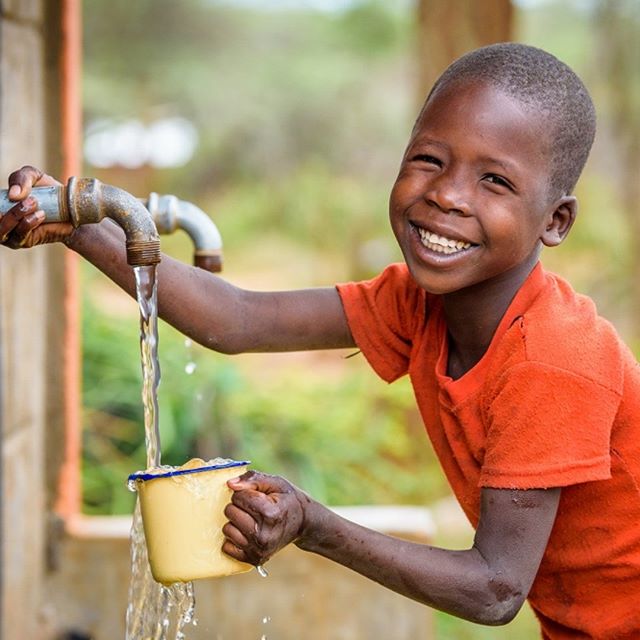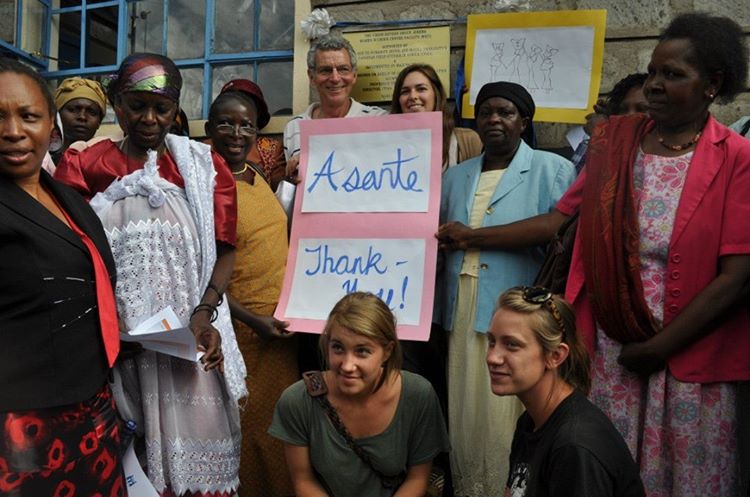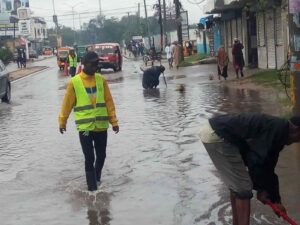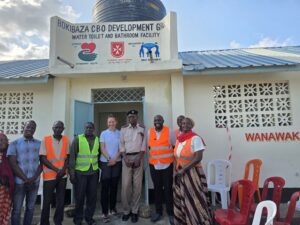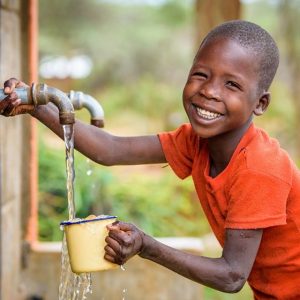Our initiatives are making a significant difference in the arid and semi-arid lands, bringing about transformative changes in the lives of the communities residing in these regions.
Here’s a detailed look at how we’re achieving this:
Water is a fundamental necessity, not just for humans but also for livestock that forms the backbone of the economy in these regions.
We’re constructing water troughs in strategic locations, providing a reliable source of water for both people and livestock. These troughs are designed to be easily accessible, ensuring that water can be fetched with minimal effort.
Access to clean water is a basic human right. To ensure this, we’re distributing water purifiers to those fetching water from boreholes, dams, and water troughs.
These purifiers are simple to use and effective, ensuring that the water consumed by the communities is safe, clean, and free from harmful contaminants.
The climate in arid and semi-arid lands is characterized by long dry periods interspersed with short rainy seasons.
To make the most of the rainfall, we’re constructing underground tanks that store water during the rainy season, providing a crucial reserve during dry periods.
These tanks are designed to keep the water clean and prevent evaporation.
In many areas, the only source of water is underground. We’re drilling boreholes to tap into these underground water reserves, bringing this vital resource to the surface for communities to use.
The boreholes are strategically located to serve as many people as possible.
Rainwater is a valuable resource that needs to be harnessed effectively. Our dams capture and store rainwater, providing a large-scale solution to water scarcity.
These dams not only serve as a source of water but also help to recharge the groundwater levels.
In some areas, water is available just a few meters below the ground. We’re digging shallow wells in these areas, providing an accessible source of water for communities.
These wells significantly reduce the distance people need to travel to fetch water, saving time and effort.
Nature has its way of storing water, and we’re learning from it.
We’re constructing rock catchments that collect and store rainwater that falls on rocky areas, providing an innovative solution to water scarcity.
These catchments are designed to maximize water collection and minimize evaporation.
We’re creating natural water pans to collect and store rainwater, providing an additional source of water for communities.
These water pans are designed to blend in with the natural environment and provide a reliable source of water during the dry season.
- Rain Harvesting Technology
Education is a powerful tool for change. We’ve installed rain harvesting technology in schools, teaching the next generation about sustainable water management while providing a reliable water source.
This initiative not only solves the water problem but also instills a sense of responsibility towards water conservation in the young minds.
- Solarization of Boreholes
Renewable energy is the future, and we’re harnessing it to address water scarcity.
We’re using solar power to pump water from boreholes to the surface, reducing the dependence on non-renewable sources of energy and making water fetching a less labor-intensive task.
Each of these initiatives is a step towards a future where water scarcity is a thing of the past. With continued efforts and support, we believe that this future is within our reach.
